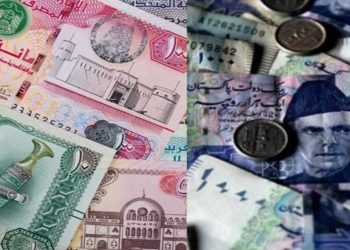The federal government has approved an increase in the prices of 146 life-saving medicines.
The decision, communicated through a notification regarding drug price increases, primarily focuses on raising prices for essential medications critical for treating conditions such as cancer, vaccines, and antibiotics.
Officials from the Health Ministry have revealed that this action follows a recommendation from the Drug Regulatory Authority, which proposed raising the prices of 262 medicines. However, the government has chosen to implement adjustments exclusively for 146 medicines that are crucial for saving lives.
Out of the medicines listed for price increases, 116 are designated for price adjustments to be made by pharmaceutical companies themselves.
Significantly, the government will now oversee the pricing of 464 medicines included in the National Essential Medicines List, ensuring that vital medications remain accessible to the public.
In a significant policy change, the government has deregulated drug prices, granting pharmaceutical companies the authority to independently raise prices. This decision marks a shift in the governance of pharmaceutical pricing, potentially reshaping the dynamics of the healthcare industry.
As stakeholders analyze the implications of these changes, concerns about affordability and access to life-saving medications are prominent. While the government aims to balance ensuring the sustainability of pharmaceutical companies with safeguarding public health interests, the effects of these adjustments are open to scrutiny and debate.




































